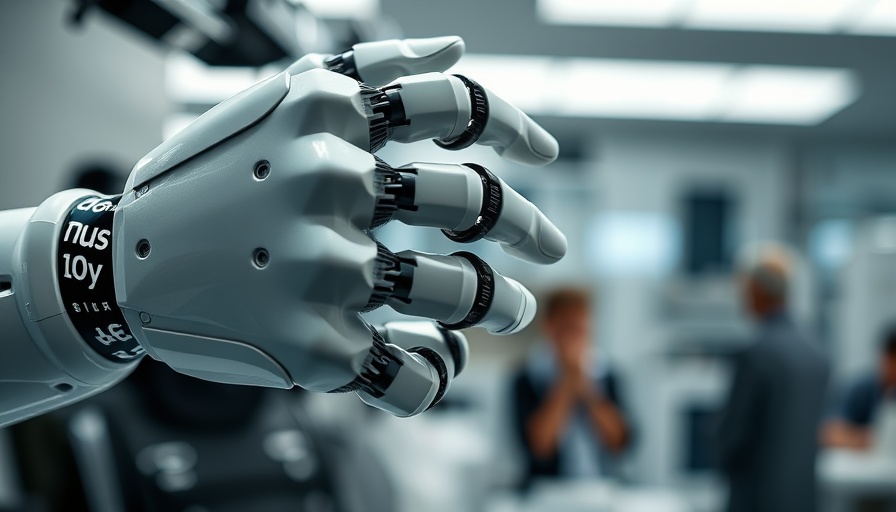
Redefining Innovation in a Complex World
In today’s rapidly changing landscape of science, technology, and innovation (STI), it is crucial to reconsider what innovation truly means and who it serves. With advances in areas such as artificial intelligence and biotechnology, we often celebrate new tools and technology without questioning their broader implications. While innovation aims to propel society forward, we must also consider how it can foster inequalities or exacerbate crises rather than alleviate them.
Global Challenges Demand Human-Centered Solutions
As the world grapples with climate change, geopolitical tensions, and social fragmentation, the need for responsible innovation becomes increasingly clear. The insights of thinkers like Vincent Blok remind us that innovation should not merely focus on commercialization but also on values like care, justice, and sustainability—elements essential for collective wellbeing.
The Digital Economy’s Role in Trade and Commerce
In the context of global trade, particularly within the framework of the African Continental Free Trade Area (AfCFTA), fostering an inclusive digital economy is paramount. Innovative strategies driven by human-centered values can promote equitable growth in cross-border trade. E-commerce businesses and exporters need to prioritize sustainable practices that ensure equal access to technology and resources, especially for those who have been traditionally left behind.
Building Trust Through Transparency
To create an environment where innovation thrives for everyone, it’s vital to establish transparency and truthfulness in governance models. These principles build trust among stakeholders, enabling a collaborative spirit that can spur meaningful growth in the trade sector. By ensuring that everyone can share in the benefits of STI, we pave the way for a resilient and flourishing global economy.
Empowering Voices for Change
Innovation should serve humanity, addressing the various dimensions of human suffering that poet Warsan Shire eloquently captured. As traders, importers, and e-commerce businesses, the responsibility lies on us to innovate with a conscience. By asking, “Who benefits from this innovation?” we can shape policies and practices that uplift all communities rather than a select few.
As we drive forward with innovation, let’s ensure we’re harnessing it for collective benefit. A human-centered approach is not just an ideal; it is a necessity for crafting a future that is equitable and sustainable for all.
 Add Row
Add Row  Add
Add 




Write A Comment